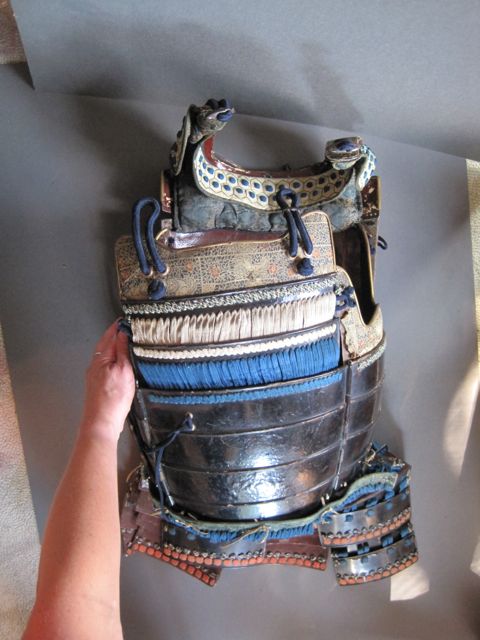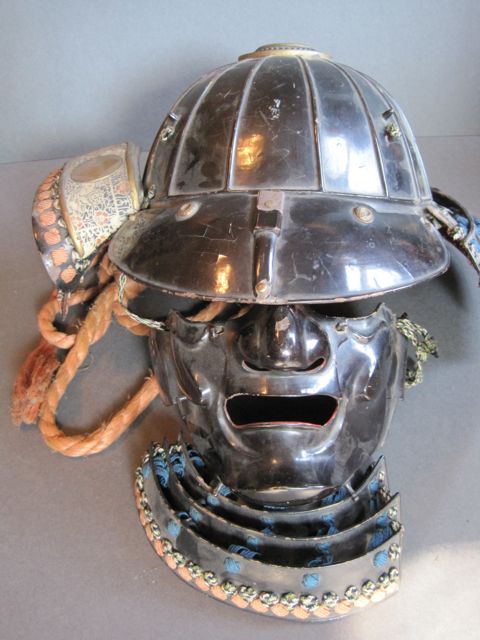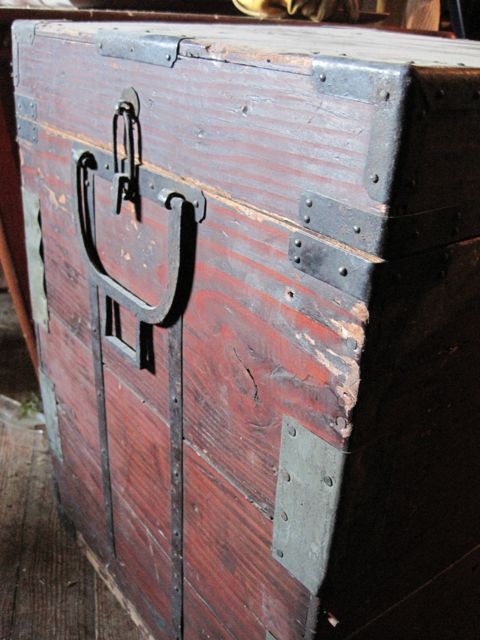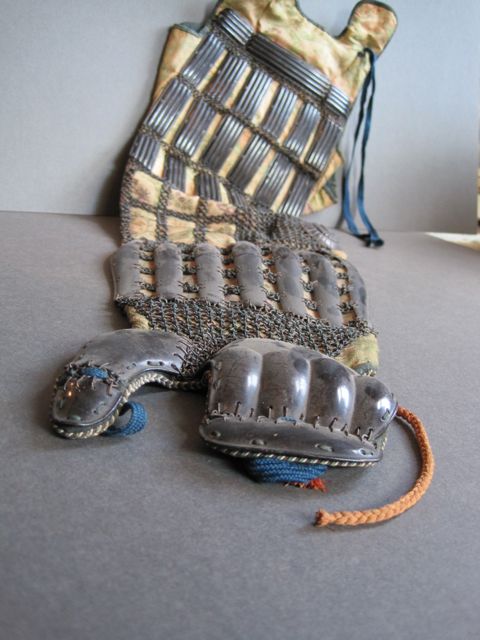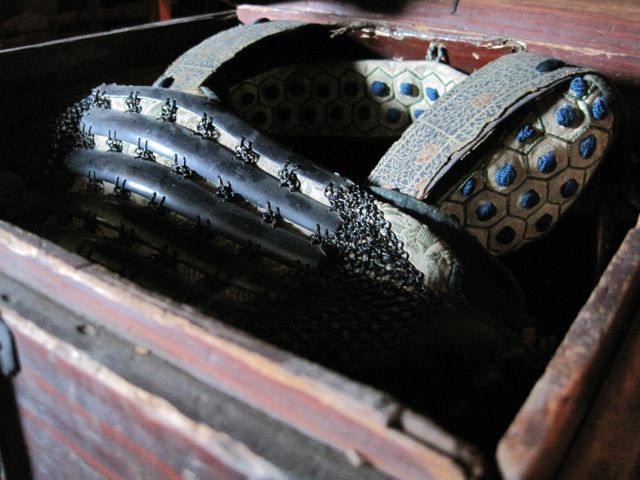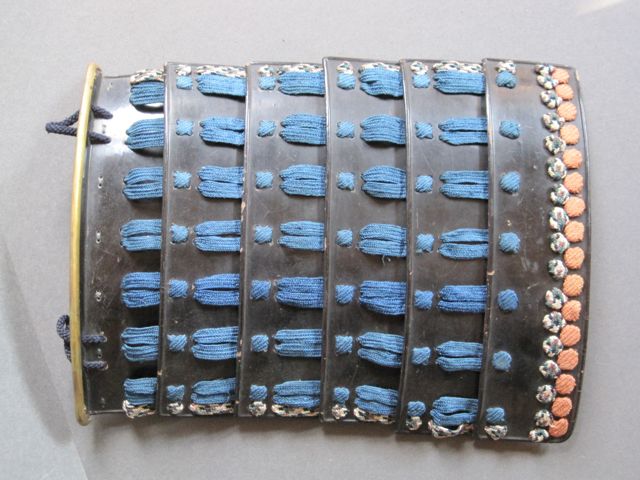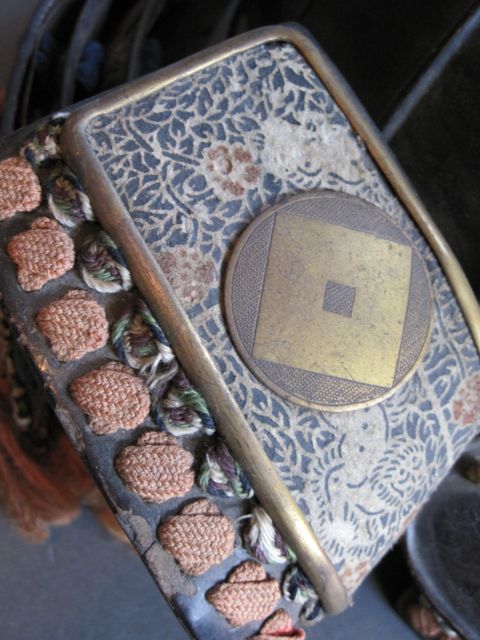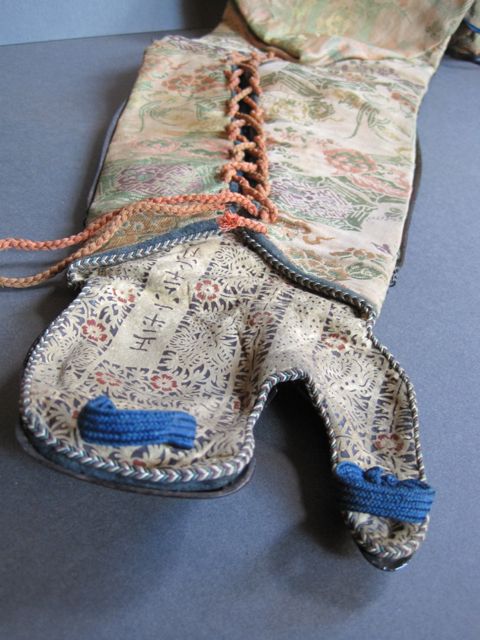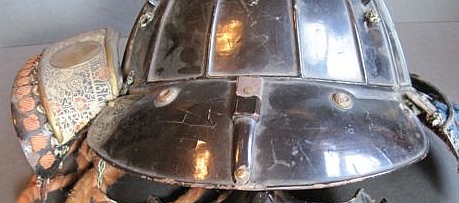We need to transport the box and suit down to Houston and we don't know where to start - meaning how to ship it without damaging it.
Also, where do we send it to be "preserved" so that displaying it in our home won't result in further damage? Overall it's in great shape but we don't want to take a chance with a loose seam or whatever.
I'l try posting some photos - we'll see if it works. All parts are present, though not presented in the photos.
In any case, any advice that you have on transporting it to Texas from Rhode Island - and on where to ship/take it for preservation/restoration would be most appreciated.
Thanks!
Roxanne
